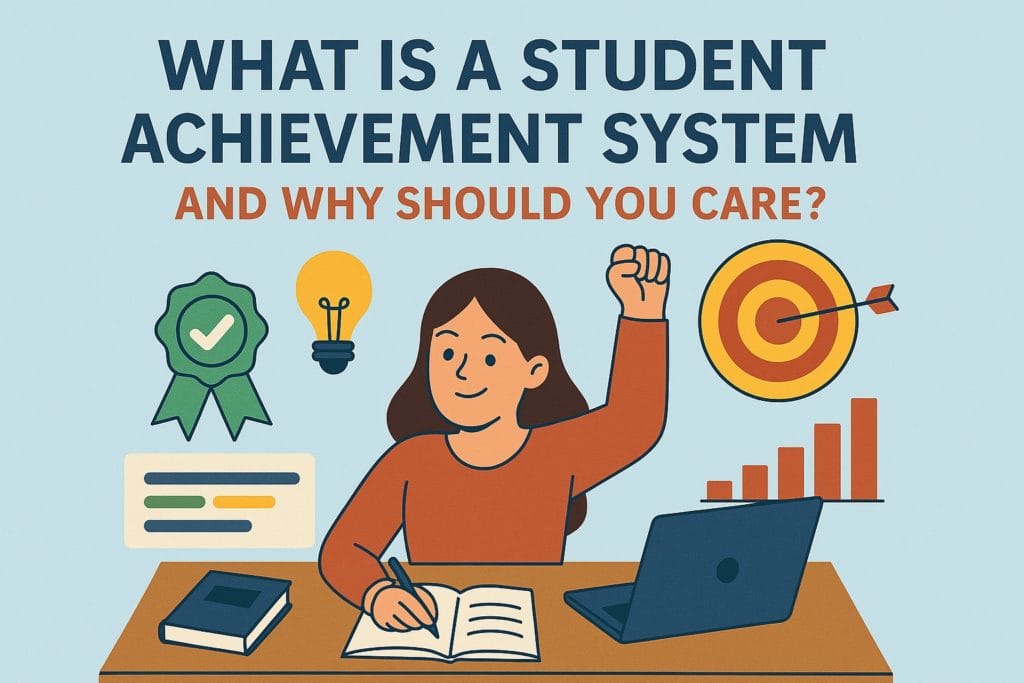
Every student knows that exam season is one of the most stressful periods. It’s the time when balancing multiple courses, pressure, and social life can seem impossible. However, effective time management is what you need to navigate this period smoothly. This post will dive into some great strategies that can make a significant difference when entering your exam season.
Pomodoro Technique With a Twist
The Pomodoro technique, which usually implies studying for 25 minutes straight and taking a five-minute break, is a popular time management method among many college students. However, you can elevate this technique to suit your needs.
Experiment with different intervals to find what works best for you. Some students find that a 45/15 block or even a 90/30 block is more effective. The key is to maintain intense focus during your study period and avoid procrastination or distractions as much as possible. This will ensure that your N minutes are as productive as they can be.
Time Blocking and Themed Days
Time blocking involves scheduling specific blocks of time for different activities in your calendar. However, you can take a step further and create themed days. For example, you can dedicate Mondays and Wednesdays to reading and notetaking while Tuesdays and Thursdays to problem-solving or practice. Fridays can be the days to review and consolidate the knowledge gained throughout the week.
Two-Minute Rule
The Two-Minute rule is a productivity hack that basically states that if a task takes less than two minutes to complete, you should complete it immediately. This approach helps prevent minor tasks from piling up, which is extremely important during the exam season. Quickly dealing with short tasks can help you free up more time, feel better about your productivity, and also dedicate the rest of your time to studying. Such tasks can be: responding to emails, organizing study materials, setting up an appointment, or scheduling the next day.
The Eisenhower Matrix
The Eisenhower matrix is a decision-making method that can help you if you face difficulties prioritizing tasks based on their urgency and importance. Such a matrix divides all of your tasks into four categories:
- Urgent and important, which are the tasks that require immediate attention
- Important, but not urgent – tasks that are important but can be scheduled for later
- Urgent but not important – tasks that are urgent but can be delegated or done quickly
- Non-urgent and non-important – tasks that can be postponed or eliminated at all
By categorizing your tasks, you can focus on what truly matters and avoid wasting your precious time, which can be a scarce resource during the exam session.
Implement the Ivy Lee Method
The Ivy Lee method is a simple yet powerful strategy. At the end of each day, you should write down six important tasks that you need to complete the next day in order of priority. The following day, start with the first task and move on to the next one once it’s completed. This method will be very useful to those who procrastinate a lot or are pretty chaotic when it comes to dealing with their to-do list.
Active Recall and Spaced Repetition
Active recall and spaced repetition are techniques that enhance long-term retention of information. Basically, they allow you to remember information for longer periods, making it easier to remember something during the exam. Active recall is very different from passive reading of your notes, which you might be used to, as it implies actively engaging with the material by using flashcards or practice questions. Spaced repetition involves reviewing information at increasing intervals of time. For example, you can return to your notes after one day, three days, one week, two weeks, and so on.
Microlearning
Microlearning involves breaking down study material into small, manageable chunks. Instead of having long study sessions, break material into smaller pieces that you can review in a short period. This approach will allow you to even study during breaks between classes and thus make the most out of the time you have before the exams.
Optimize Your Sleep Schedule
Adequate sleep is crucial for memory and overall well-being. Avoid the temptation of pulling all-nighters or cramming before the exams and rather opt for quality night sleep, and shorter but consistent study sessions. Prioritize getting 7-9 hours of sleep each night. Establish a regular sleep routine by going to bed and waking up at the same time each day, even during weekends. This will create a relaxing atmosphere and will help you fall asleep faster, as well as wake up fresh and ready for your day. You might also try creating relaxing pre-sleep rituals such as listening to calming music, reading a book, and practicing gentle stretching.
Take Advantage of Office Hours and Tutoring Services
Don’t hesitate to seek help from professors, assistants, or tutors. If you’re struggling with certain concepts, office hours provide you with an opportunity to ask questions, clarify doubts, and gain a deeper knowledge of the material. Many colleges also offer tutoring services that can provide assistance and support. You can also seek help from professional essay writing team who will help you catch up on the assignment deadlines.
Implement the Feynman Technique
The Feynman technique Involves teaching the material to someone else, or explaining it in simple terms, as if you were teaching a child. This process forces you to view the material from different perspectives and break it down into components that are easier to understand. That way you will get a better understanding of complex concepts as well as actively engage with the material to deepen your comprehension.
Create Visual Aids and Mind Maps
Visual aids such as charts, diagrams, and mind maps can enhance your understanding of the material. They can be especially helpful if you belong to a visual learner group.
Set Clear and Achievable Goals
Setting specific goals that are realistic and achievable can provide direction and motivation, which are needed during exam season. By breaking down your larger study goals into smaller ones, you can keep yourself motivated and proud of your accomplishments. For example, instead of your goal being “to study biology” or “to pass the biology exam,” you can break it down into smaller chapters like “review paragraphs 3 and 4,” “review the notes,” “write down the questions,” etc.
Conclusion
Effective time management during exam season is as vital as it can help you achieve better results in a limited time. It’s better to stay focused and motivated by implementing our easy tips into your study routine. Nourish yourself, and don’t forget about self-care during the exam season. Resting and balancing every sphere of your life is as important as studying and preparing for tests. Good luck with your exams.
 Karen Palmer
Karen Palmer


